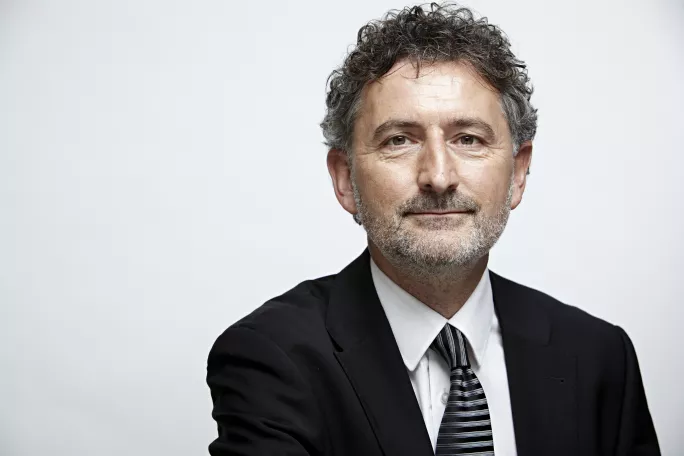‘Deliberately false accusations are rare, usually the pupil will admit to their lie very early on’
Jon Brown, the NSPCC’s head of tackling sexual abuse, writes:
Last week the BBC revealed that over 1,000 teachers had been accused of having a sexual relationship with a pupil in the last five years. Of course, most of these accusations may be unfounded and in the context of 400,000 teachers and 8 million pupils this is a tiny percentage, but one shouldn’t forget that the effects on the children involved can stay with them for the rest of their lives.
As a child protection professional, I actually believe that schools are, overwhelmingly, a safe place for children - for some children it is the safest place they go to; safer than home. The vast majority of teachers conduct themselves in an exemplary manner, despite all sorts of trials and tribulations. But that’s why it’s vital that the tiny minority who abuse their position are dealt with swiftly and robustly.
Of course some young male teachers, in particular, get a huge amount of attention from teenage girls and the racing hormones of the girls and position of authority of the young teachers can cause crushes to spiral out of control. But the teacher is the adult and the trained professional, they must take full responsibility for the situation and there is never an excuse for deviation.
It is not unheard of for some people to question the rule about teachers not being allowed to have relationships with pupils over the age of consent. Some say that if they are sixth-formers, what’s the problem? But they miss the point: teachers must be beyond reproach. No parent wants to send their teenager to school thinking that they may be hit on by school staff. There is a power imbalance that means that young people could be exploited and, while they may think they are ready and know what they are doing, they are highly likely to regret it later and be left emotionally scarred. This means that any teacher that oversteps the mark and engages in a sexual relationship with a pupil or student must be banned from the classroom for life. They have abused a position of trust.
Similarly, all children must be equipped to know what abuse is and how to report it, which is why ChildLine is visiting schools to talk to children about everything from bullying to sexual abuse.
But teachers also need better training in how to deal with these situations before they get to this stage. They need to have confidence in dealing with an incident, in how to report it and how to make sure it’s nipped in the bud. And they need training on how to avoid getting into situations where the wrong impression may be given or where a spurious accusation could be generated.
And that brings me to the next issue: false accusations. I know many teachers, especially men, are petrified of false allegations and the damage it could do to their career, but the statistics do not back this up. Deliberately false or malicious accusations are rare and usually the pupil will admit to their lie very early on. In addition, where a false accusation is made, it can often be a cry for help from a troubled young person who is in need of help but can’t bring themselves to say what has actually happened or is still going on. While obviously incredibly damaging when it does occur, it’s vital that we don’t overstate the risk and put people off teaching or from taking children seriously when they speak out.
I believe that, on the whole, we have an incredible generation of teachers in our schools working tirelessly in often challenging circumstances. But we must be absolutely clear about where the line is.
NSPCC resources for teachers are available through TES Connect including: Tips for writing a staff code of conduct for safeguarding children and a guide and checklist for schools to use when preparing an induction for both teaching and non-teaching staff as well as volunteers and governors.
Keep reading for just £1 per month
You've reached your limit of free articles this month. Subscribe for £1 per month for three months and get:
- Unlimited access to all Tes magazine content
- Exclusive subscriber-only stories
- Award-winning email newsletters




